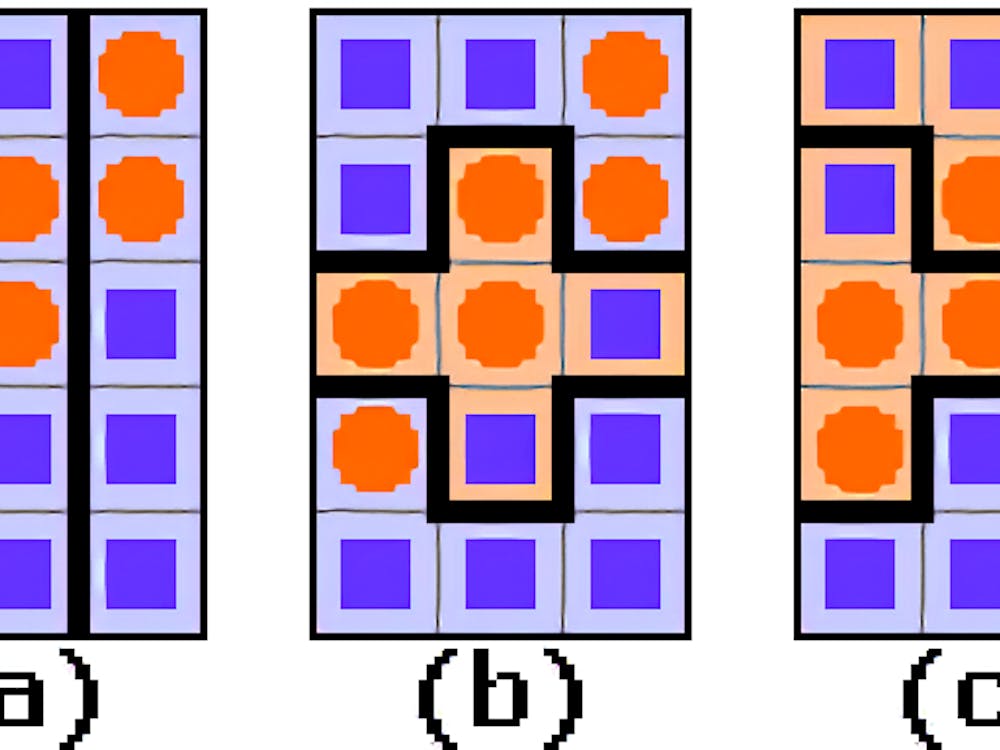Last year two major American newspapers were sold — the Boston Globe and the Washington Post. Each sale was important for the news industry as a whole, but also carried a local significance for the Baltimore area: there are rumors that the Baltimore Sun may follow suit. Studying these two examples, I would like to propose that Johns Hopkins purchase the Baltimore Sun.
That may sound crazy, but bear with me. The Boston Globe was purchased by John Henry, the billionaire owner of the Boston Red Sox and the Liverpool Football Club. Later in the year, The Washington Post announced its sale to billionaire founder and CEO of Amazon, Jeff Bezos.
Neither buyer was an obvious suitor; at first glance, successful sports moguls and online retail giants don’t seem like perfect fits for a newspaper. But each buyer had his reasons. In light of these odd pairings, why would a university buying a newspaper be so strange?
The opportunity is certainly there. Founded in 1837, The Baltimore Sun is older than both the Globe and the Post (founded in 1872 and 1877, respectively), but since 2000 it has been owned by the Tribune Company of Chicago. The Tribune Company also owns various local and national TV stations, as well as the Chicago Tribune, Los Angeles Times, Orlando Sentinel, and Sun-Sentinel. It has been reported that the Tribune Company, which has gone through bankruptcy and has split off its newspaper publishing ventures, wishes to sell these papers, including the local Baltimore Sun.
Comparing the Sun to the two precedents already shown reveals that its price could be very inviting. The Washington Post’s daily circulation is roughly 500,000 and the Boston Globe’s is approximately 250,000, while the Sun’s daily circulation is much less than 200,000. Bezos bought the Post for $250 million, while the Globe was bought for $70 million. Considering the circulation data as well as intangible value (such as importance of the city, city population, the paper’s history and prestige, and brand value) the Baltimore Sun should be priced far lower than the Boston Globe, perhaps up to half as much. Remember also that this price might be shouldered with other investors.
The Hopkins community could benefit by welcoming the staff of the Sun as part of the overall organization of the university and part of the President’s Ten by Twenty plan. Students might enjoy a large array of journalistic writing courses in conjunction with the professional writers, computer science courses with the Sun’s website developers, or management and business classes with relevant Sun businessmen. Students of on-campus news organizations could work with professionals in the industry. Either in addition to or instead of these courses, internship opportunities in the same disciplines might greatly enrich the students’ job-related preparation both during the semesters and over breaks. Eventually the university could establish a journalism major to expand the diversity of the student body and compete with other highly regarded programs at universities around the nation.
This purchase would further tie the university with its city. It would also allow the university to make a positive impact on the community by keeping the Sun local and allowing for its improvement and eventual profit. Both Henry and Bezos made their purchases at least partly on their belief in the regional and national importance of newspapers and their rigorous journalism.
Concerns about bias introduced by university ownership would be unfounded; indeed, all news organizations are criticized as biased and corporate. Most likely, a scholarly style with a corporate influence would yield a better product than the status quo, although the operation of the two organization should be largely separate. Concerns about over-expanded university influence in the area could be assuaged by a joint ownership group, as previously described.
I doubt this course will be followed, but I do hope it sparks discussions and ideas.
Nathan Bick is an economics major from Washington, DC.




